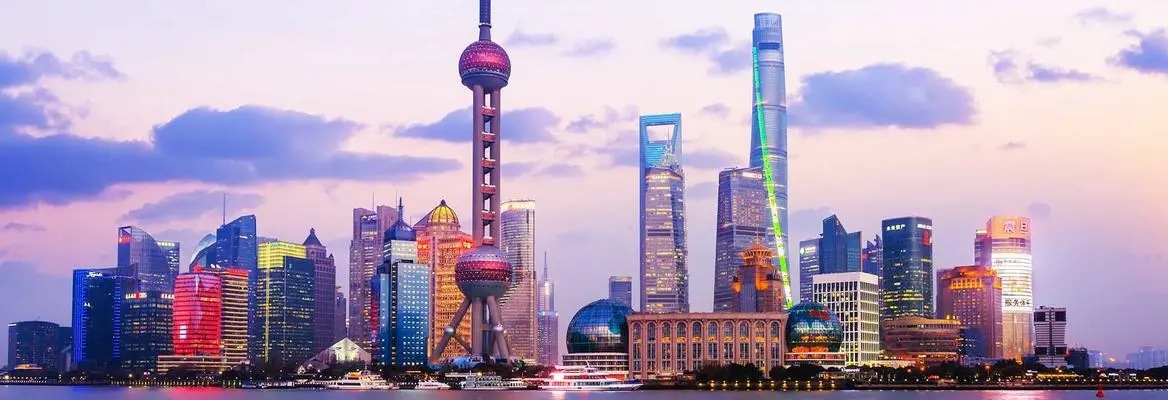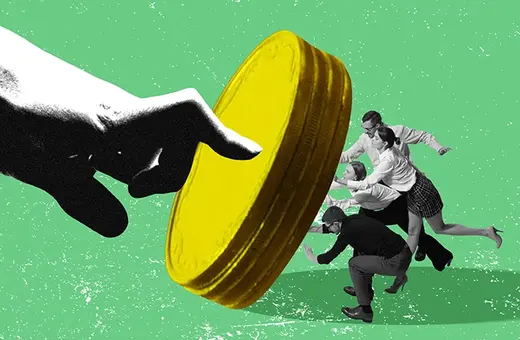The era of America’s cultural supremacy may be coming to an end. In Southeast Asia, China is gaining influence not only through PR campaigns like mask and vaccine diplomacy, but through its cultural exports. TikTok, pop music and the Chinese equivalents of Netflix and HBO might seem of little consequence to hard geopolitical power struggles. But these exports are winning over hearts and minds and normalising China’s autocratic government, Thomas Barker argues.
As the old maxim says, “Never let a good crisis go to waste”. Covid-19 is the great crisis of our time. Mostly refracted through the “great power competition” between the incumbent hegemon the United States and the rising power, the People’s Republic of China, the Covid-19 pandemic is proving to be a fecund ground for soft power projection, national image management, and public diplomacy.
Southeast Asian countries are viewing this ongoing conflict with interest as the two superpowers engage in ideological debates and tit-for-tat accusations. As the virus arrived, and then spread, Southeast Asian countries readily accepted gifts of masks, PPE, and other equipment. These appeared as good news stories in the local press, accompanied by official photographs of crates arriving at airports adorned with flags, messages of friendship, and officials giving a thumbs up. In the ongoing battle for ideas, legitimacy, and recognition, Covid 19 quickly became another ‘space’ in which governments could posture and engage in public diplomacy or “mask diplomacy” as it became known. Observers have framed this as part of a soft power play in Southeast Asia where China in particular is gaining goodwill and improving its image in the region, often as leverage for political favour. Thinking in terms of soft power though both underplays and overstates what is going on at the moment.
Rather than coercing a country through the use of military force or economic power, soft power works to co-opt and convince through the power and attraction of ideas.
The end of America’s soft power paradigm
On the one hand, these contemporary forms of soft power are iterations of what used to be called psywar in the Cold War era, associated with efforts by US state agencies to shape and influence opinion in target populations. On the other, some efforts like mask donations are just the latest form of ‘public diplomacy’, namely efforts by states, usually through their diplomatic service, to create a positive image of their country.
Either way, this challenges the concept of soft power as first articulated by Joseph Nye in the late 1980s. Nye suggested that a country can exert influence over another by the power of ideas and culture. Rather than coercing a country through the use of military force or economic power, soft power works to co-opt and convince through the power and attraction of ideas. For Nye, the United States was the preeminent soft power nation with its global cultural industries such as Hollywood and the ideological substance of its values and way of life condensed into concepts like freedom, liberty, or what President Reagan called a “city on the hill”.





















Join the conversation